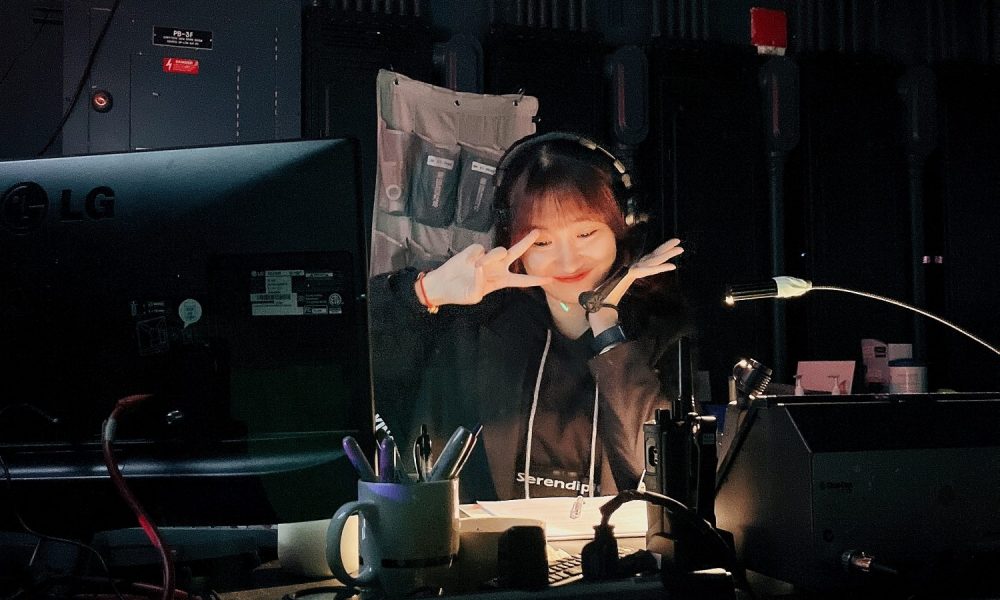

Today we’d like to introduce you to Mengyuan “Mia” Qin.
Hi Mengyuan “Mia”, it’s an honor to have you on the platform. Thanks for taking the time to share your story with us – to start maybe you can share some of your backstory with our readers?
I came to the United States in September 2016, and this is my seventh year here. I grew up learning Chinese dance. Although I am not good at it, it developed my passion for performing arts. I went to UC Davis for undergrad and majored in Theatre and Dance. That’s where my story with theatre started. None of my family members ever had experience with Arts before. They were concerned when I told them I wanted to learn Theatre, but they believed in me and believed in my choice.
Although I knew I belonged to theatre, I did not know which direction I wanted to explore — the only thing I knew was that I could not act on stage. So during my four years in college, I tried all kinds of works in theatre — costume, lighting, sound, assistant directing, stage managing, backstage, in the booth, in the shop, in the stock, in the audience… — and figured I would go for stage managing.
Stage managing is not my ultimate goal in life. However, the reason why it attracted me so much was that I knew how many qualities it takes to become a good stage manager — leadership, communication, proactive, compassion, detail-orienting, planning ahead, public speaking, relationship building, problem-solving, and so many more. It was so challenging for me but I knew if I could train myself with stage management, It could help me to become the kind person I wanted to be.
We all face challenges, but looking back would you describe it as a relatively smooth road?
It was definitely not a smooth road. However, when I think about it at this moment, I think I may choose it intentionally — because the reason why I chose stage managing was that it was so challenging for me.
As I wrote before, I had an idea about “how a good stage manager should be,” and I was very clear about how far I was to get there. I was shy and timid. I did not have enough confidence to speak in front of people and did not like to organize things. In order to gain all the qualities and skills, I had to constantly step out of my comfort zone, tear down my shell, and develop a new self.
For example, I was so afraid to speak things out loud in front of a group of people because I was not confident with my oral English and the content I was trying to say. My first stage manager announcement on the first day of rehearsal was horrible, and it was the awkwardest moment in my life. However, the role of stage manager pushed me to practice and speak no matter how much I did not want to do it. Gradually. I learned how to control and project my voice, how to deliver information clearly, how to interact with my listener, and what I need to say to build trust.
Another huge challenge was to learn how to understand and be understood by people in a different culture. Since stage managers need to solve all kinds of problems, it is very important for us to know where the problem came from, what is this problem really about, and how to deal with it. In order to understand the problem well, we need to understand the people behind the problem well. I was a little bit confused at the beginning because I thought I had a different background from the people here, but then I figured that everybody is different, but at the end of the day, we are all human beings, and there is something about the human being that will never change with time and location.
Appreciate you sharing that. What else should we know about what you do?
Stage management is a very complicated job that requires leadership. Our works include scheduling, recording & reporting, communicating, problem-solving, maintaining, etc. We make sure everything is on time and everybody is safe so that the space can produce the best art we want to create. Since we have so many people and departments in a production — cast, director, playwright, choreography, music, lighting, scenic, projection, sound, costume, prop, backstage, front house, media, production management, company management, etc. — we are the center of communication and we have to make sure everybody is on the same page. Additionally, we stay focused in the rehearsal room, record whatever was created, and take notes on whatever is changed. We do not need to be experts in all different areas, but we have to understand the fundamentals of each department in order to communicate and weave everything together. After the show has opened, when all the creatives finish their job, it is also our responsibility to maintain the show and its artistic integrity.
Safety is one of the most important things we have to pay attention to. We not only try our best to protect everyone physically, like making sure there are glow tapes in dark corners and cleaning up the screws on the floor but also should create an emotionally safe space for everybody to work. How to create an equitable working space where people feel comfortable and safe is a very important part of a stage manager’s work.
Every stage manager is different and has a different way of leading the room. As for myself, I am an extrovert person and I gain energy from people around me. I love how I could take care and be kind to people surround me and how they care for me back. I can understand people very early on the emotional level, and I also figured I have the skill of staying calm and rational within the strongest emotional energy. I believe that in order to stay calm, I have to figure out a way to find true inner peace, which no matter how much outside things change, I can stay steadfast within my heart, dissolve the strong emotional energy on the surface, reach deep inside of what the problem really about, and try my best to solve it.
As a theatre artist and part of the storyteller on that stage, I believe in what we want to give to our audience. I think if we are going to create a story about love, hope, and community on that stage, we should share love, hope, and community in our rehearsal room first. It is my duty to create that kind of space and be that kind of person.
Are there any apps, books, podcasts, blogs or other resources you think our readers should check out?
I really loved “Maybe You Should Talk to Someone” by Lori Gottlieb. As a stage manager, I have to talk with different kinds of people all the time. I figured that the better I could understand myself, the better I could understand others and talk with them. Lori herself is a therapist, and this story is about how she goes to her therapist, curing other people while being cured at the same time. There are so many deep conversations about life and death, parent and parenting, love, family, and friends. Although I have totally different culture and life experience, I connect deeply with her story and the conversation she had with herself. It helped me to become a better person and a better stage manager.
As for how to stay calm and peaceful, “The Power of Now: A Guide to Spiritual Enlightenment” by Eckhart Tolle is really a powerful book. Although there’s a big gap between theory and practice, this book points a clear direction for me on my journey.
Last but not least, “7 Habits of Highly Effective Person” by Stephen Covey is a perfect book for stage managers. It talks about important theories about management and about ourselves. Here is one of the quotes I loved so much: “To go for Win/Win, you not only have to be nice, you have to be courageous. You not only have to be empathic, you have to be confident. You not only have to be considerate and sensitive, you have to be brave. To do that, to achieve that balance between courage and consideration, is the essence of real maturity and is fundamental to Win/Win.” (249)
Contact Info:
- Instagram: https://instagram.com/mia_qin_qmy?igshid=NTc4MTIwNjQ2YQ==
- Linkedin: linkedin.com/in/梦圆-秦-b73019237
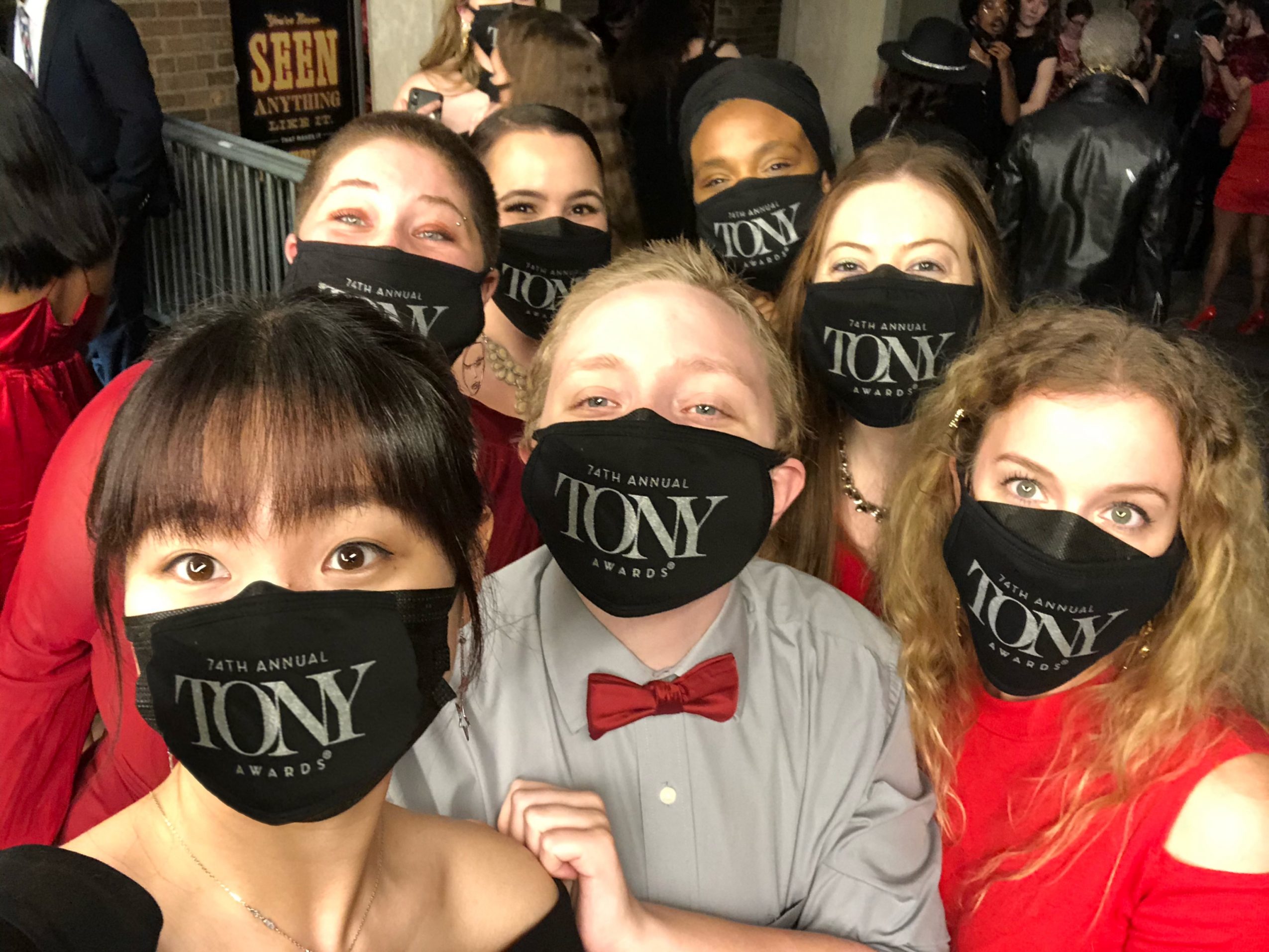
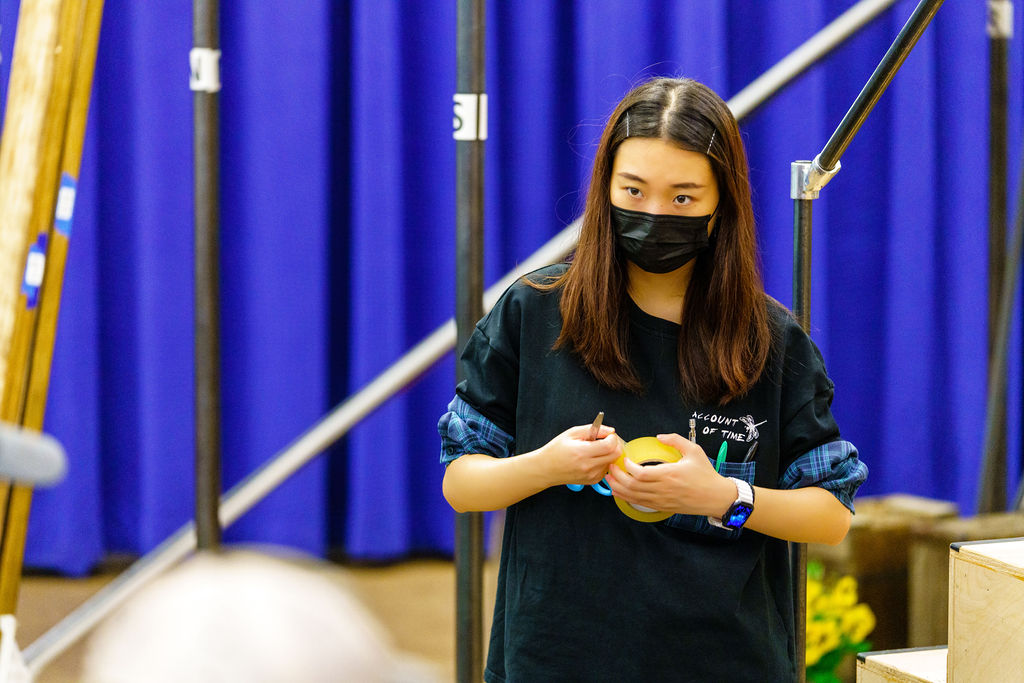

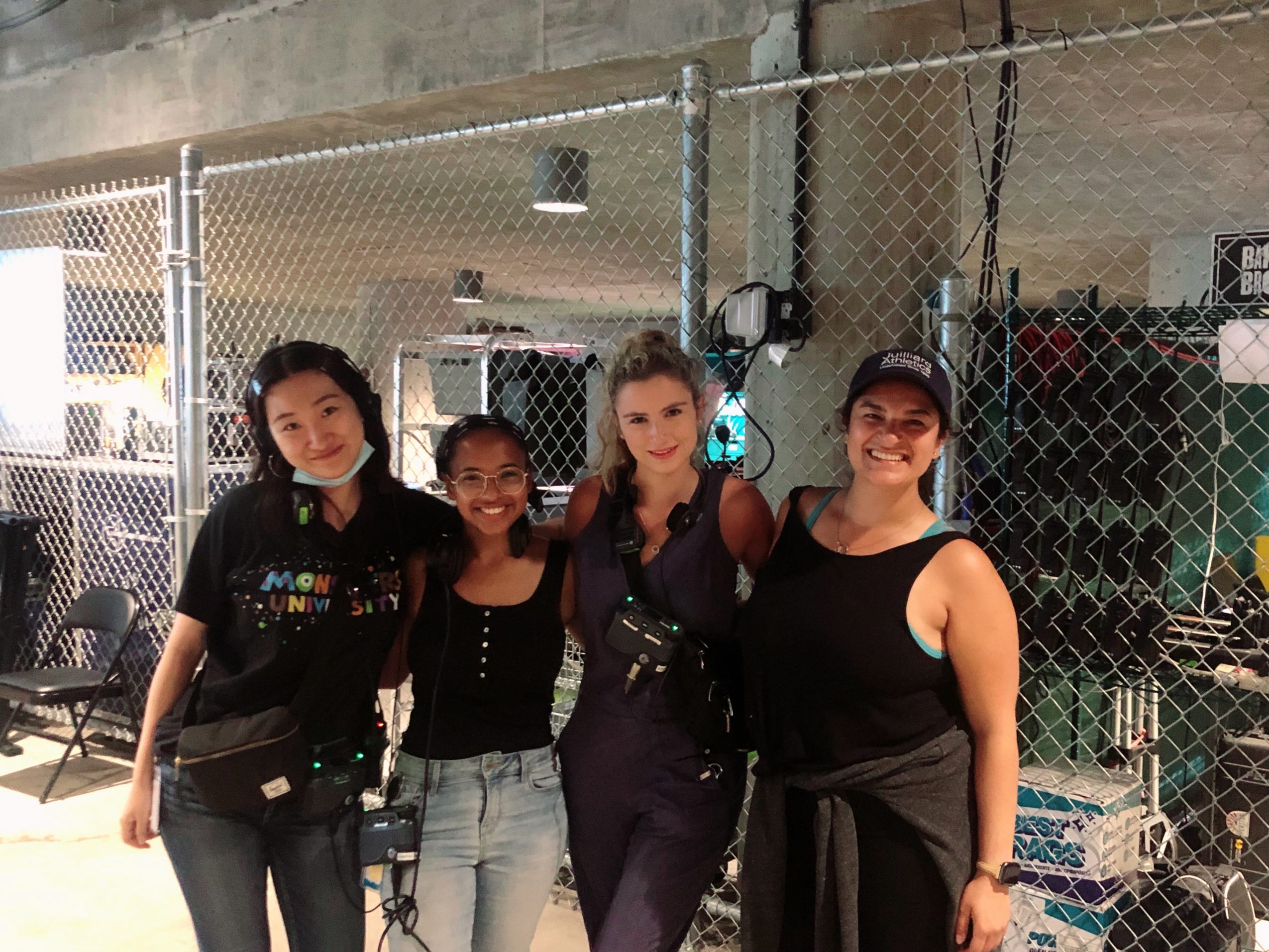
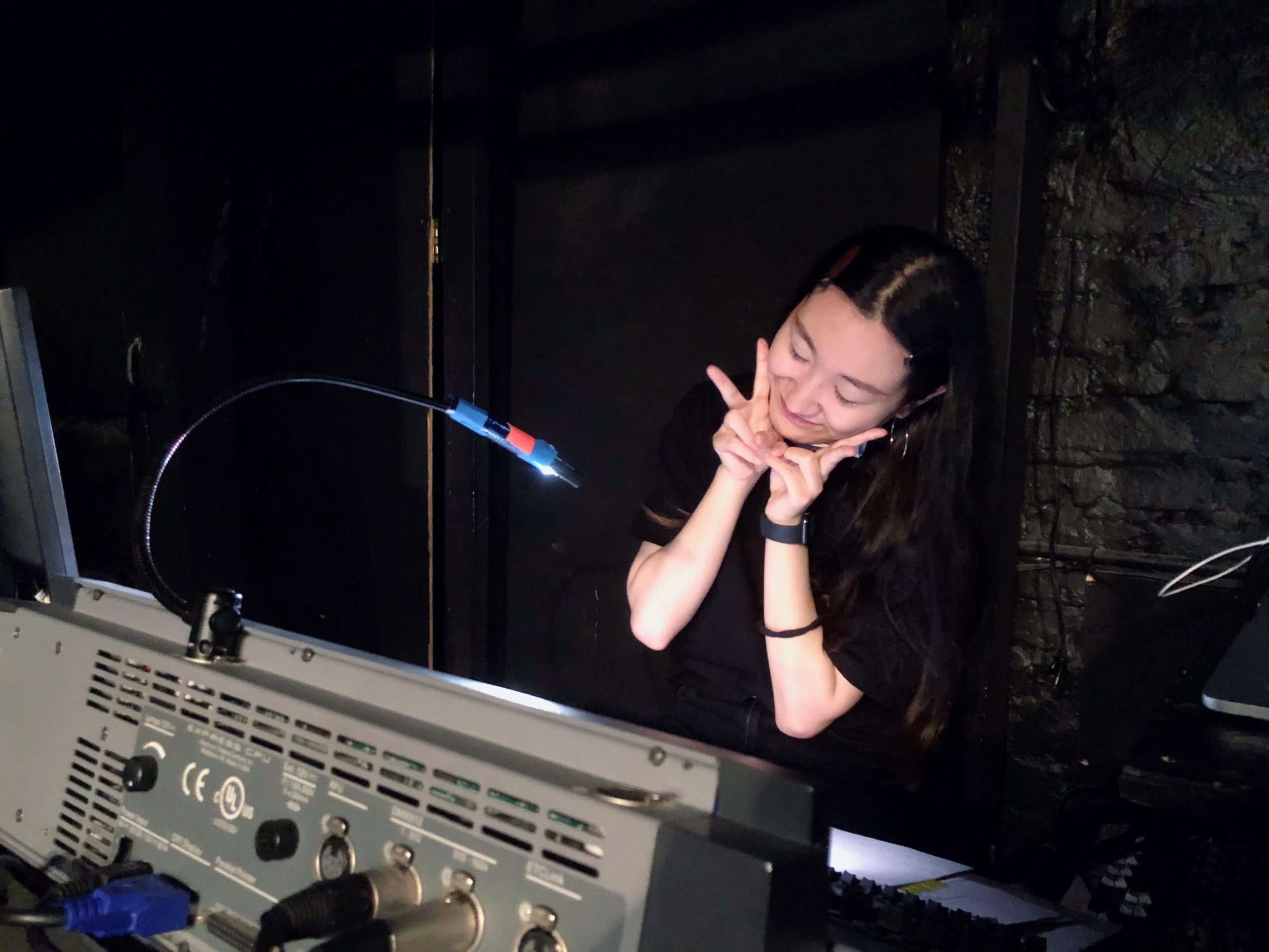

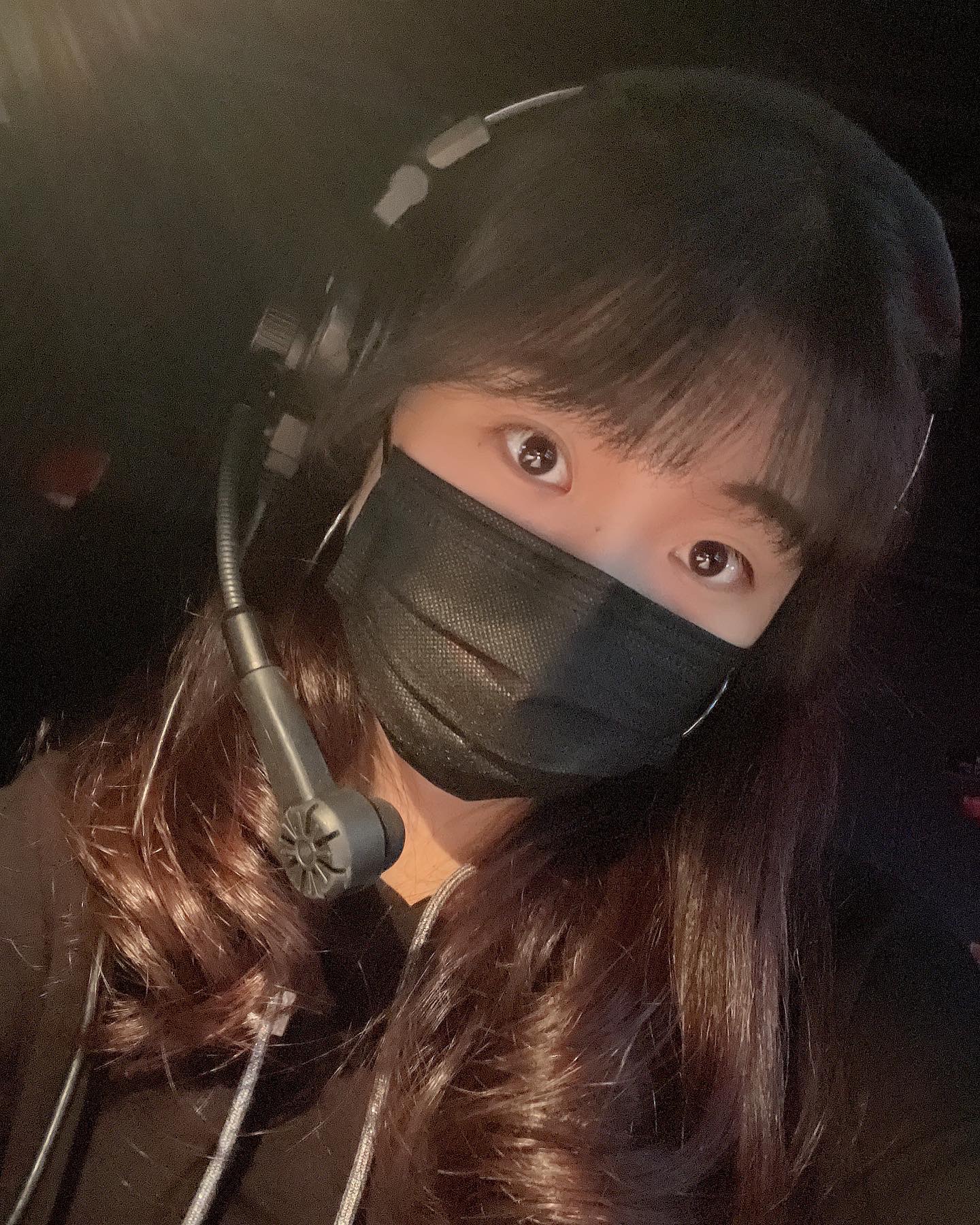
Image Credits
Yejia Sun John Behlmann Guanqing Lin














